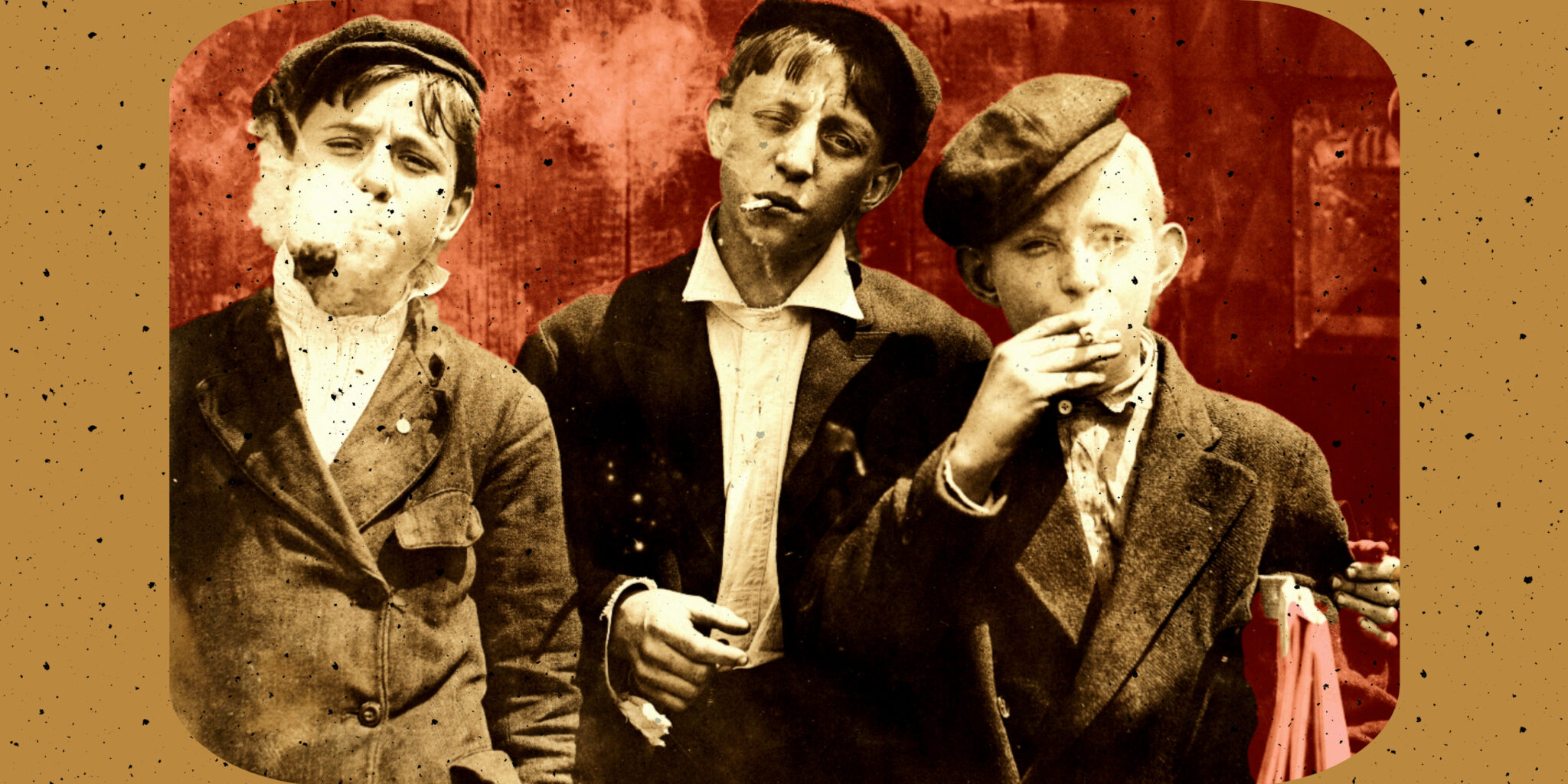Delving into family history reveals fascinating and sometimes scandalous secrets. Understanding your ancestors' lives, professions, and affiliations provides insights into your heritage. This journey can unearth hidden truths that shape your perception of the past. Acknowledge these complexities with compassion, recognizing historical context and the limited knowledge of past generations to form a nuanced view of history.

Picture: John Templeton Foundation
Exploring Your Family History
Have you ever delved deeply into your family history? Understanding your family structure and lineage can be both fascinating and enlightening. Where did your ancestors come from? What cities or towns where they born in? Tracing their origins can reveal a lot about your heritage. But it doesn't stop at locations. Have you uncovered what your ancestors did during their time in these places? What professions did they have? To which religious denominations where they affiliated? Were they business owners or co-owners? If they owned businesses, what were their trades or services? Did they produce goods, and if so, where did they source their raw materials? Where did their products go? Did they trade domestically or export abroad?
Uncovering Family Secrets
As you dive deeper into your past, you might uncover secrets—some benign, some perhaps scandalous. Did you discover any shady dealings? Are there aspects of your family's history that you'd rather not talk about, things that can't stand the light of day? Were there "wrong" relationships within your family? For example, did your great-grandfather, himself a father of eight children, have an affair with a neighbor or even a family member? Such revelations can be shocking and might lead you to question who your ancestors really were. What did these people do in the distant past that might make you want to condemn them today?
Confronting Dark Family Secrets
If you know these secrets, you’ve likely made judgments about them. Often, we embrace the positive aspects of our heritage while trying to keep the negative ones hidden. Since few people typically delve into your family history, these secrets often remain buried. But imagine if others suddenly discovered your "family secret." They might find out that your great-grandfather was a terrible person—a sadist, rapist, or slave trader. Someone who caused immense suffering during his lifetime.
Has Your Secret Been Discovered?
Many believe that the suffering caused by past generations is long gone, especially if it happened during a war. However, imagine your current neighbor bringing it up recently. Ed, the neighbor from two houses away, found your family history in an old library book. Unbeknownst to you, Ed had discussed this with his wife, who then shared it with her friends, who subsequently told their partners and children. These discussions often lead to a snowball effect, where the story spreads further and further. People talked about how they didn’t see your grandfather’s behavior in you but speculated it might be in your genes.
Do People Look at You Strangely?
You might have noticed people looking at you strangely at the grocery store, but you never connected it to the story about your grandfather. You thought it was your imagination and went on with your life. Until one day, Ed talked to you again, revealing how horrified everyone was when they discovered your great-grandfather’s story. This news can be devastating and might make you feel judged for something you had no part in.
Can You Defend Yourself?
You explained to Ed that you knew the story but that it was slightly different. You tried to contextualize your great-grandfather’s actions by comparing them to the harsh realities of survival during wartime. Despite your explanation, the damage was already done. You were seen as a descendant of a brutal rapist, and people around you advised caution. The fact that your great-grandfather was also considered a hero by some was irrelevant to them.
How Will People Judge You in the Future?
What’s the moral of this story? Today, much attention is paid to historical figures once deemed heroes. These individuals, depicted in paintings or statues, were once spoken of with great respect. Now, we reassess their actions and often condemn them. History, until recently, was written by victors. It’s crucial to understand that historical accounts are not absolute facts. People of the past had knowledge only of their time. General civilization didn’t exist as we know it, and literacy was rare until Martin Luther's time (1483-1546). Luther’s work revealed discrepancies between church teachings and the Bible.
What Will Future Generations Think?
Future history books will reflect our actions today but remember that historical accounts are not absolute facts. People of the past had knowledge only of their time. General civilization didn’t exist as we know it, and literacy was rare until Martin Luther's time (1483-1546). Luther’s work revealed discrepancies between church teachings and the Bible. Look at the past with the right perspective, using lenses fitted with knowledge and context.
Understanding and Forgiveness
In conclusion, while it's essential to acknowledge and learn from our past, it’s equally important to apply a nuanced understanding of historical context. Our ancestors lived in a different world with different norms and pressures. Before passing judgment, consider the complexities of their lives and the limited information they had. This perspective not only fosters a more accurate understanding of history but also encourages a more compassionate view of human behavior across generations.




